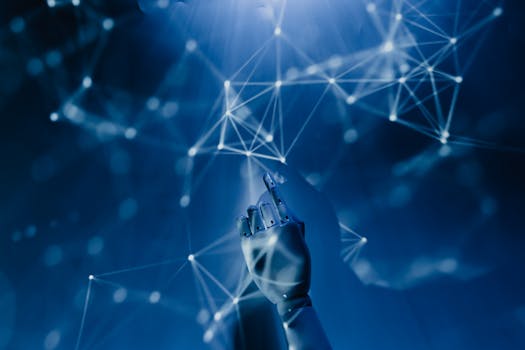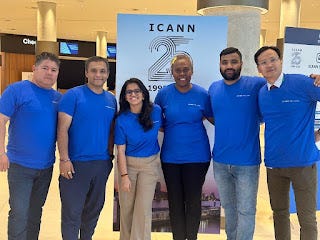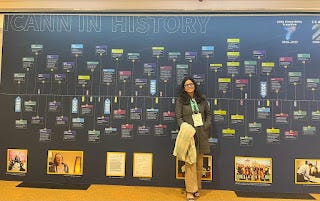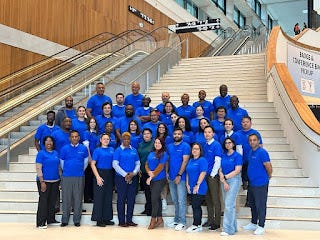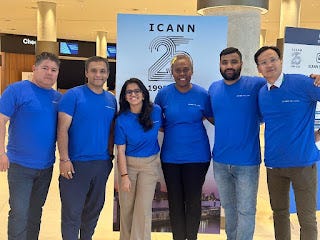Hey, Siri! Please call Martin. After that, a bell will ring to get Martin’s attention, or you can ask Alexa to play “Grow as We Go” from Spotify. The following sound will be the song playing, or you can inquire with ChatGPT about “codes for framing an email in JavaScript.” Hola! The codes will be displayed on the screen.
In our lives, not just in technical aspects, but in various ways, we are influenced by the new world technology known as ‘Artificial Intelligence.’ So, what exactly is artificial intelligence? Is it a machine that mimics the human brain’s functioning, or is it a machine that imitates human behavior? Could it be that human intelligence has been integrated into a machine to enable it to function like a human? Furthermore, how does this artificial intelligence impact human work? Is it replacing humans, leading to the eventual elimination of human job opportunities? Or is it simply a revolution similar to others that have occurred in the past?
AI has been defined in various ways by businessmen, technical experts, computer intelligence enthusiasts, and scientists. Keynes (1930) referred to it as “technological unemployment,” where the use of labor-saving techniques surpasses the rate of finding new uses for labor, leading to unemployment. Leontief (1983) expressed concerns about machines replacing humans, akin to how internal combustion engines rendered horses obsolete due to the dramatic improvements in computer chip processing power. Elon Musk holds a strong belief that “AI is a fundamental risk to the existence of human civilization.” On the other hand, Luger and Stubblefield (1993) define AI as “the discipline of computer science that is concerned with the automation of intelligent behavior.” The different perspectives on AI highlight its potential impact on the workforce, human civilization, and the development of intelligent systems in computer science.
AI is simply artificial means man-made and intelligence is thinking power, thus, artificial intelligence is man-made thinking power. AI can be described simply as imbuing machines with human-like abilities such as reasoning, learning, planning, and creativity to perform various tasks. These capabilities can manifest in both hardware (embedded AI) and software (virtual assistants). While AI can think and act like a human brain, it still requires human intelligence to be integrated into the machine for it to function as desired. Currently, human intervention remains necessary to support AI’s functioning. Although AI has the potential to operate independently in the future, we cannot claim that it has completely replaced humans at this moment. Perhaps, in time, we may witness a shift where AI becomes self-sufficient, but that is not the case for now. Indeed, AI is pervasive worldwide, and its presence has become a part of our daily lives, whether directly or indirectly. The market showcases cutting-edge AI-related technologies such as Virtual Assistants like Apple’s Siri, Amazon’s Alexa, Cortana, and many others.
AI offers numerous benefits, including automation, which streamlines processes and reduces human error. It eliminates repetitive tasks, ensuring increased efficiency. With AI’s infinite availability, tasks can be performed consistently without downtime. AI’s speed and accuracy are remarkable, enabling swift and precise operations. Additionally, AI accelerates research and development, driving innovation across various fields. AI finds applications in diverse areas, such as voice recognition, image recognition, predictive modeling, translation, data analytics, and cybersecurity. These applications demonstrate AI’s versatility and its potential to enhance various aspects of our lives.
In broad categories, Artificial Intelligence can be classified into two types: Hardware-based AI, which involves robots, embedded AI, drones, etc., and Software-based AI, which includes virtual assistants, speech and facial recognition technologies.
On the basis of functionalities, AI can be further divided into two main types: Type 1 includes Artificial Narrow Intelligence (ANI), Artificial General Intelligence (AGI), and Artificial Superintelligence (ASI). Type 2 comprises Reactive Machines, Limited Memory, Theory of Mind, and Self Awareness.
Type – 1:
Artificial Narrow Intelligence: Narrow functioning, also known as Weak AI, involves AI systems that excel in specific areas or tasks, such as Machine Learning. Apple’s Siri is an example of Weak AI, as it operates effectively within a particular domain or zone.
Artificial General Intelligence: This advanced form of AI surpasses ANI (Artificial Narrow Intelligence) by incorporating intelligence and Machine Learning together. It is referred to as Strong AI due to its cognitive capabilities, similar to the human brain.
Artificial Super Intelligence: This AI goes beyond the capabilities of the human brain, making it a strong and currently highly speculative concept in the realm of AI. The practical implementation of such advanced AI in real-world scenarios would undoubtedly present formidable challenges.
Type – 2:
Reactive Machines: Reactive machines operate based on pre-programmed theories and do not store or learn any data. Consequently, each query is treated as a new one every time it occurs. IBM’s Deep Blue system serves as an example of reactive machines.
Limited Memory: This type of AI possesses a memory system to learn and retain information, but its memory is limited to a specific period. It can memorize things, but only for a constrained duration or limited time period. Self-driving cars are a notable example of this kind of AI.
Theory of Mind: This is still a concept that lies in the future. It involves comprehending human emotions and the underlying reasons for corresponding reactions. This form of intelligence pertains to understanding human emotions and predicting behavior accordingly.
Self-Awareness: Similar to the theory of mind, this AI also remains non-existent at present. It represents an advanced iteration of the theory of mind, where we envision a machine possessing human-like cognitive abilities, emotions, reactions, and functions. Essentially, it would be a self-aware machine, functioning at a superhuman level, akin to a sentient being.
